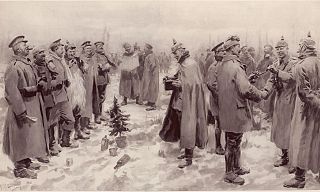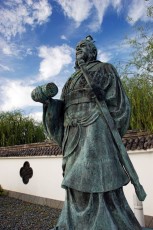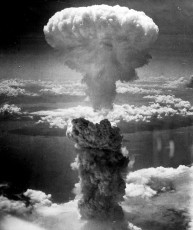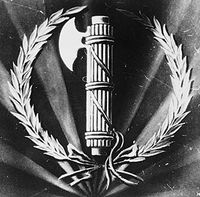Ep. 0089: The Christmas Truce

One-hundred-and-one Christmases ago, in the cold, damp, muddy ditches of the Western Front, the rank-and-file of the Allied and German armies spontaneously set aside their hatreds to take a break from mass-murdering each other, much to the dismay of their so-called ‘leaders.’
Join CJ as he discusses:
- The context of the Christmas Truce
- How it happened
- The aftermath, legacy, and lessons to be learned from it
Support the Dangerous History Podcast via Patreon
External Links
- John McCutcheon’s “Christmas in the Trenches”
- The King’s Singers perform “Stille Nacht”
- A 1981 BBC Documentary about the Christmas Truce made in 1981 that features firsthand accounts from Great War veterans who were still alive at that time



